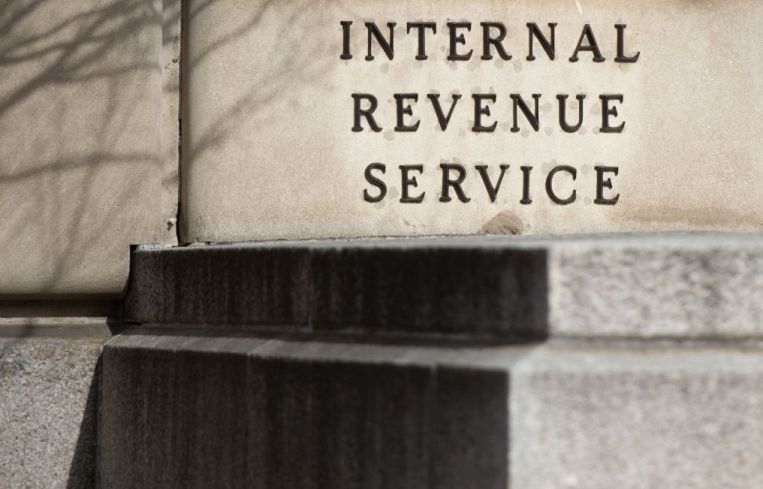IRS Extends Timeline for 1031 Exchanges
By Chava Gourarie April 17, 2020 5:44 pm
reprints
New guidelines from the Internal Revenue Service extend the timeline for several time-sensitive tax programs, including 1031 exchanges and opportunity zone investments, giving investors more time to close deals as they deal with the fallout from the COVID-19 pandemic and economic shutdown.
For 1031 exchanges, also called like-kind exchanges, deadlines that fall between April 1 and July 15 have been extended until July 15.
In a 1031 exchange, a seller can defer capital gains on the sale of income-producing real estate if the proceeds of the sale are reinvested in a similar property within a certain timeframe. To benefit from the program, the second property must be identified within 45 days of the initial sale, and the acquisition closed within 180 days.
Now, both kinds of deadlines — for identification and closings — have been pushed until July 15.
The extension will help buyers struggling with the logistics of closing in the middle of a shutdown, as well as to mitigate the fact that there’s currently limited inventory available, said Karly Iacono, a broker with Marcus & Millichap. “The buyers who are actively looking don’t have a lot of options, so it’s nice to take the pressure off if they’re still in the identification period.“
A long list of real estate lobbying groups and associations sent a letter to U.S. Treasury Secretary Steven Mnuchin in March requesting that the 1031 timelines be loosened.
“Current circumstances make compliance with like-kind exchange reinvestment rules impossible,” they wrote, highlighting that the timeline affects small, medium and large business owners alike.
For investments in qualified opportunity zones businesses (QOZBs), the IRS has given investors an additional 24 months to improve their properties in order to qualify as QOZBs.
The extension applies to businesses within a federally-declared disaster area. And since President Donald Trump declared a federal emergency on April 3, that should cover all QOZB investments, according to the National Law Review.
The guidelines also provide some leeway for opportunity zone developments that are stalled because they are unable to get government approval during the pandemic, per the National Law Review.

![Spanish-language social distancing safety sticker on a concrete footpath stating 'Espere aquí' [Wait here]](https://commercialobserver.com/wp-content/uploads/sites/3/2026/02/footprints-RF-GettyImages-1291244648-WEB.jpg?quality=80&w=355&h=285&crop=1)

